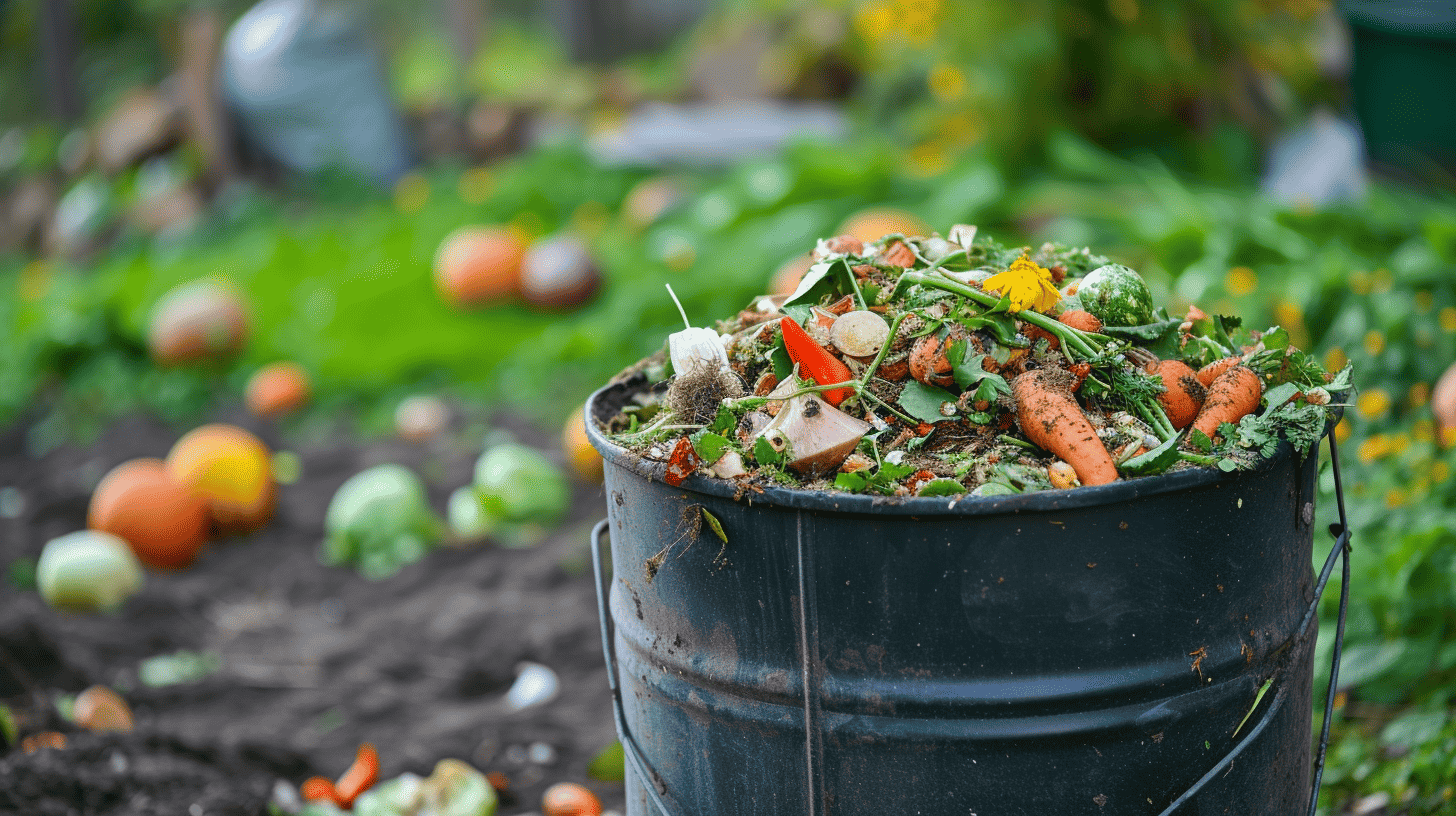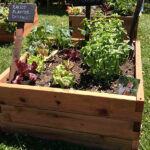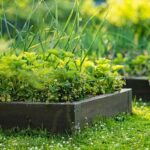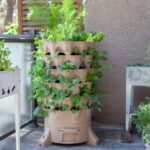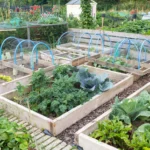Living on a homestead provides the perfect opportunity to reduce waste, save money, and live more sustainably. By rethinking how we use resources and making small changes, we can create a self-sufficient lifestyle that benefits both our wallets and the environment.
Why Waste Reduction is Essential for Homesteaders
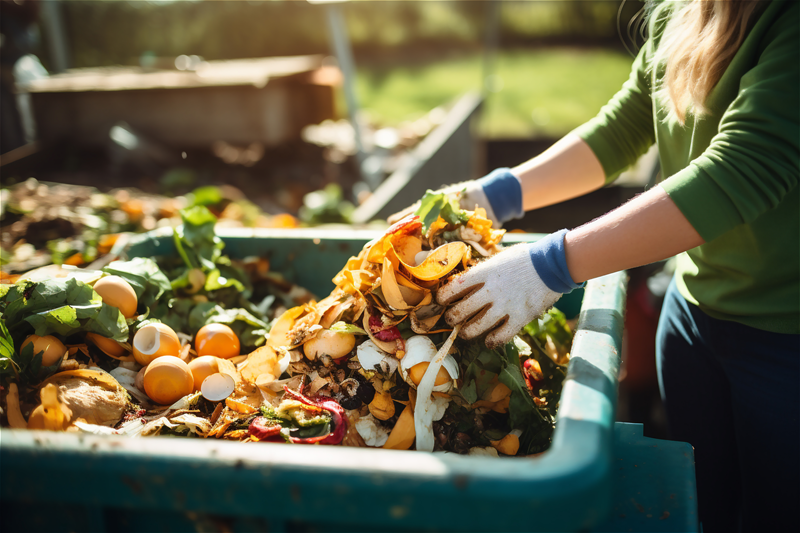
Reducing waste is more than just recycling. It means finding creative ways to reuse, repurpose, and avoid unnecessary consumption. On a homestead, this often leads to significant cost savings while keeping our land clean and productive.
Benefits of Waste Reduction
- Lower expenses on supplies and utilities
- Less trash sent to landfills
- Healthier soil and cleaner water sources
- Increased self-sufficiency and resourcefulness
Composting Organic Waste
One of the simplest and most effective ways to reduce waste is composting. Instead of throwing away kitchen scraps, yard clippings, and livestock bedding, turn them into nutrient-rich compost for your garden.
How to Start Composting on a Homestead
- Choose a compost bin, pile, or tumbler
- Layer “green” waste (food scraps, grass clippings) with “brown” waste (dry leaves, straw)
- Turn the pile regularly for aeration
- Use finished compost to enrich soil naturally
Repurposing and Upcycling Materials
Instead of buying new, look for ways to reuse items you already have. Old wood, metal, and fabric can be transformed into functional tools or décor.
Examples of Upcycling Projects on Our Homestead
- Using glass jars for storage instead of plastic containers
- Turning pallets into raised garden beds
- Repairing and repainting old furniture for outdoor spaces
Reducing Packaging Waste
Store-bought products often come with excessive packaging. By producing more at home, you can drastically cut down on trash.
How We Reduce Packaging Waste
- Buy dry goods in bulk and store in reusable containers
- Make homemade bread, yogurt, and cleaning supplies
- Use cloth bags and baskets instead of plastic bags
Water and Energy Conservation
Wasting water and electricity is both costly and harmful to the environment. Implementing conservation methods saves money in the long run.
Energy-Saving and Water-Saving Ideas
- Install rainwater harvesting systems for garden use
- Switch to energy-efficient LED lighting
- Use solar-powered tools and equipment
- Practice timed irrigation to avoid overwatering crops
Maintaining Tools and Equipment
Regular maintenance of tools and machinery extends their life, reducing waste and avoiding costly replacements.
How We Keep Our Tools in Top Shape
- Clean and oil tools after use
- Store them properly in a dry space
- Sharpen blades and repair handles when needed
FAQs
1. What’s the easiest way to start reducing waste at home?
Begin with composting food scraps and switching to reusable containers. These two steps can significantly cut your household waste.
2. How does reducing waste save money?
By reusing materials, producing your own food, and conserving energy, you buy fewer products and lower utility costs.
3. Can I compost meat or dairy products?
It’s best to avoid composting meat and dairy in a regular compost pile, as they attract pests. Use a specialized composting system if you want to process them.
4. Is rainwater harvesting worth it for small homesteads?
Yes, even a small system can save hundreds of gallons per year, lowering water bills and providing a backup source in dry seasons.
5. How can I reduce waste when raising livestock?
Reuse manure as fertilizer, repurpose feed bags, and compost bedding materials for garden use.

